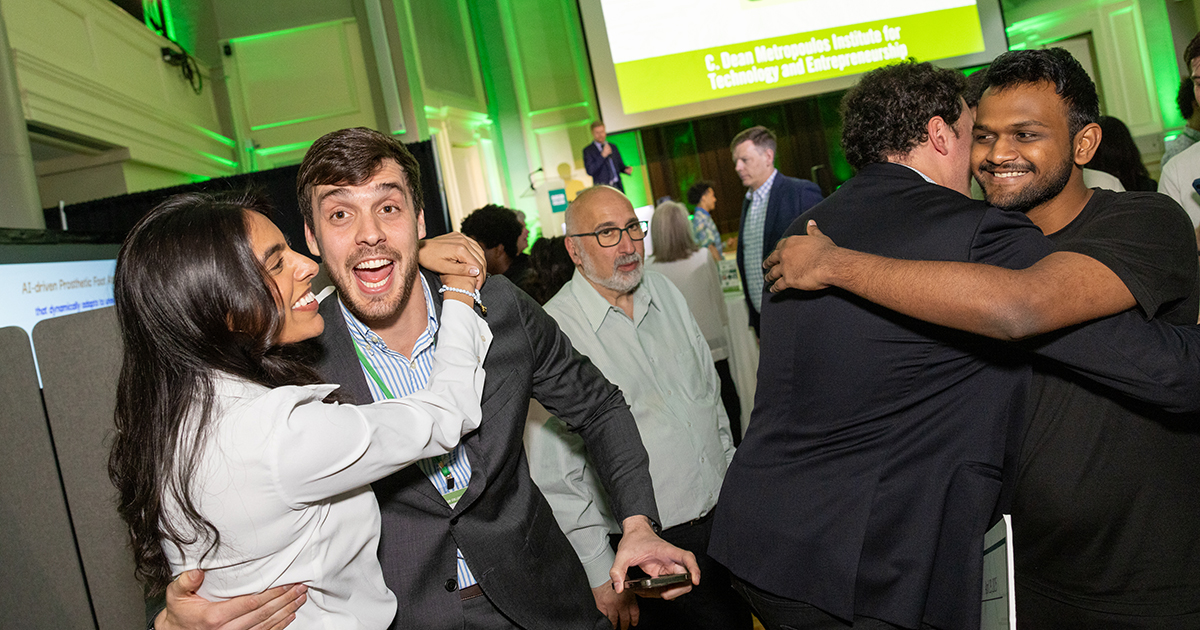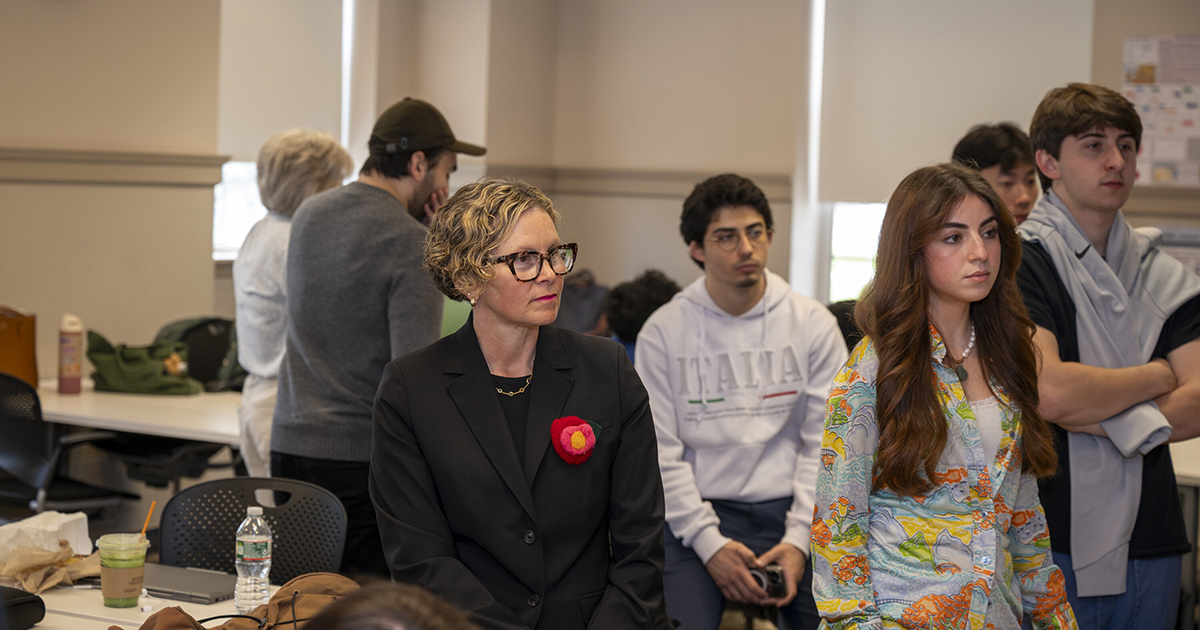Millions Are Entrepreneurs in the United States

A great majority of the more than 31 million entrepreneurs in the United States are motivated by opportunity, according to research by the Babson College team of the Global Entrepreneurship Monitor (GEM).
According to the 2018/2019 United States GEM Report, entrepreneurship represents a viable career path for many even though the low U.S. unemployment rate shows that there are enough job options for Americans. Nearly 16% of the United States adult population are entrepreneurs.
“Entrepreneurship can fill employment gaps in the economy and enable people to pursue the career they desire. Thus it is imperative that we equip people with the ability to pursue entrepreneurial opportunities and start businesses when they need or choose to do so,” said GEM U.S. team leader and Babson College Associate Professor Julian Lange.
Entrepreneurship of All Kinds
Much of the reporting we see about entrepreneurship takes a narrow view, focused on technology or venture-capital backed businesses. The latest GEM report actually shows that one-third of entrepreneurs started their business with family, 11% of the adult population is active in the gig/sharing economy, and 8% of Americans are starting businesses for their employer.
Inclusive Entrepreneurship
Entrepreneurship provides career options for people of all ethnicities, ages, gender, and other characteristics. GEM finds that African Americans start businesses at a higher rate than the White/Caucasian and Hispanic/Latino ethnicities. Entrepreneurial activity is strong across the entire age spectrum of the 18-74 adult population. And, in 2018, the United States reported an all-time high for levels of both men and women entrepreneurs.
Maybe most important to note is that the gender gap between men and women entrepreneurs has narrowed.
A Viable Alternative for the Underrepresented
Since entrepreneurship may present a viable alternative to employment, the United States can benefit from the broad array of opportunities introduced by its diverse population.
“It is critical to identify groups that may be underserved in the entrepreneurship ranks,” says Lange. This could include those who are veterans, disabled, ex-convicts, or migrants—individuals who may be stigmatized or otherwise have limited employment options. “Entrepreneurship can enable them to be generators rather than consumers of income,” he said.
Tipping Point
For the first time within the United States, Total Entrepreneurial Activity (TEA) in the Finance, Real Estate, and Business Services sectors nudged above the rate in Wholesale/Retail sector—27% compared to 26%, respectively.
“This could be seen as a tipping point of change,” said Lange. Trends over past years suggest that entrepreneurs in the United States are increasingly exploiting technological advances—away from traditional wholesale/retail toward entrepreneurial opportunities with potentially lower costs and greater upside in the knowledge and service spaces.
Great Potential and Need for Support
GEM offers suggestions for supporting the potential of United States entrepreneurs.
The United States stands out among the high-income economies in having people who both see entrepreneurial opportunities (70%) and perceive that they have the capabilities to pursue them (56%). Further research could identify these factors that can lead persons with the right skills to take advantage of these opportunities.
Only 39% of working-age adults know an entrepreneur personally. This is important because current entrepreneurs can be role models, advisors, co-founders, investors, and persons who can otherwise be motivating and supporting those considering a career move. This may indicate the value of mentoring and other programs and events that can provide connections to working entrepreneurs.
The GEM National Expert Survey indicates that conditions for entrepreneurship in the United States are generally positive, especially with respect to access to finance and with respect to cultural and social norms. Unfortunately, low ratings on government policy and programs may indicate the less direct role played by the government in fostering entrepreneurship. Additional room for improvement can be seen in the low rating of R&D transfer involving entrepreneurs.






